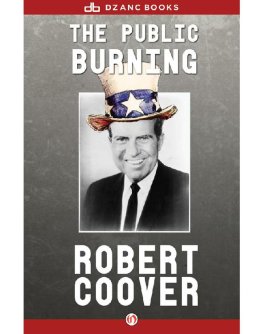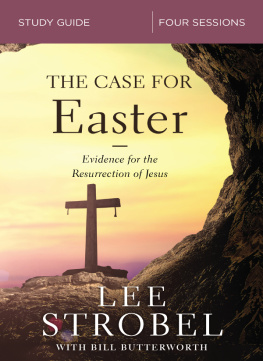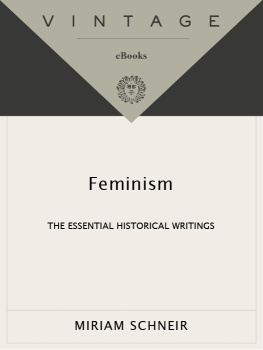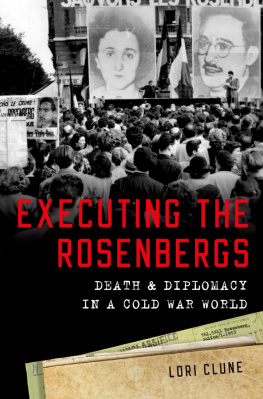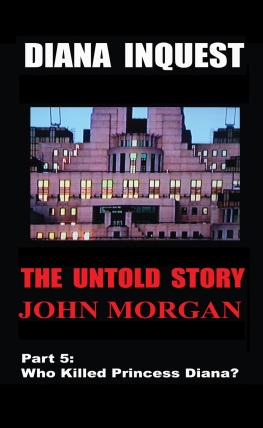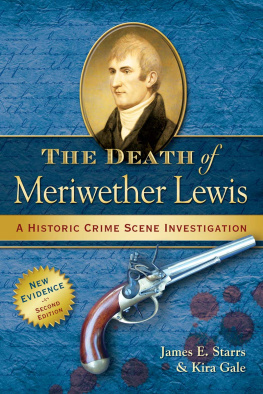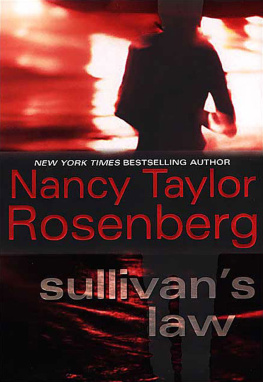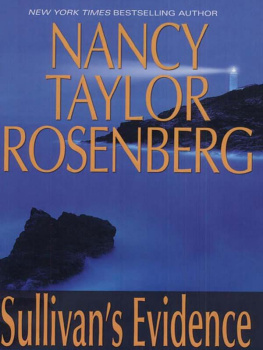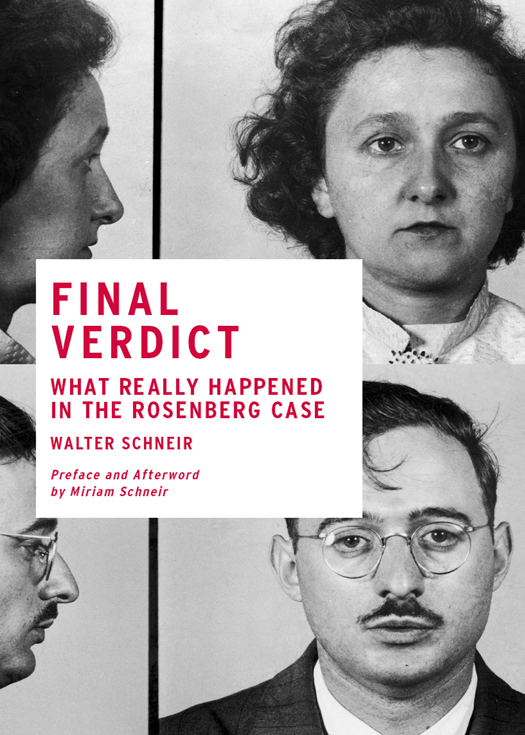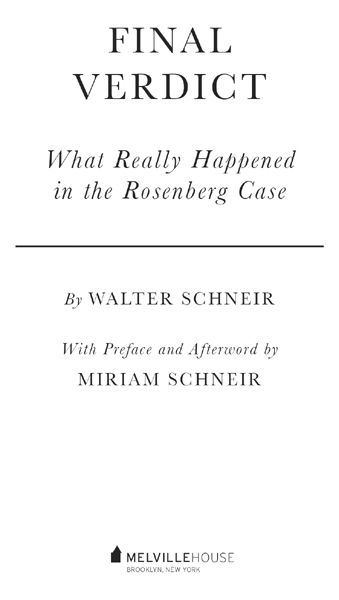Melville House Publishing and Miriam Schneir acknowledge with thanks a grant provided by the National Committee to Reopen the Rosenberg Case.
Schneir, Walter.
Final verdict / by Walter Schneir; with preface and afterword by Miriam Schneir.
1st U.S. ed.
p. cm.
1. Rosenberg, Julius, 1918-1953. 2. Rosenberg, Ethel, 1915-1953. 3. Sobell, Morton. 4. Trials (Espionage)New York (State)New York. I. Schneir, Miriam. II. Title.
HX84.R6S27 2010
364.131dc22
| SOVIET ATOMIC ESPIONAGE, 1940s | CONTEXT |
| Aug. 1941. Klaus Fuchs recruited by Soviets in England | 1941. Nazi Germany begins to implement the Final Solution to the Jewish problem |
| Late 1941. Julius Rosenberg recruited by Soviet agent in NY | June 22, 1941. Hitler invades USSR |
| Dec. 7, 1941. Japan bombs Pearl Harbor; U.S. enters WWII |
| Dec. 2, 1942. Enrico Fermi creates the worlds first controlled nuclear chain reaction, Chicago |
| Feb. 2, 1943. Germans surrender at Stalingrad |
| 1943Feb. 1945. Klaus Fuchs provides information to Harry Gold in NY and Cambridge, MA. | 1944. NKVD chief Lavrenty Beria and physicist Igor Kurchatov are put in charge of project to build a Soviet A-bomb |
| Feb. 1944Feb. 1945. Julius passes information from Persian to Soviets in NY |
| Sept. 1944. Ruth Greenglass recruited by Julius in NY |
| Nov. 1944. David Greenglass recruited by Ruth in Albuquerque, NM | Apr. 12, 1945. President Franklin D. Roosevelt dies and Harry S Truman becomes president |
| Nov. 1944, Mar. 1945, and Apr. or May 1945. Theodore Hall provides data to Soviets in NY and NM | May 8, 1945. Germans surrender to Allies |
| Jan. 1945. David and Ruth give information on Los Alamos to Julius in NY |
| Jan. 1945. David meets a Russian in a car in NY |
| Feb. 1945. Julius fired from his job with U.S. Signal Corps; Soviets reassign his contacts |
| Mar.May 1945. Persian gives information to KGB agent Anatoli Yakovlev in NY | July 16, 1945. First atomic bomb exploded, Alamogordo, NM |
| June 2, 1945. Fuchs gives data to Gold in Santa Fe | Aug. 6, 1945. U.S. drops A-bomb on Hiroshima |
| June 3, 1945. David and Ruth give sketches and information to Gold in Albuquerque | Sept. 2, 1945. Japan signs surrender; WWII ends |
| Aug. 18, 1945. Hall gives information on A-bomb to Lona Cohen in Albuquerque | Sept. 5, 1945. Soviet code clerk Igor Gouzenko defects, Ottawa, Canada |
| Sept. 19, 1945. Fuchs gives information on A-bomb to Gold in Santa Fe | Fall 1945. Moscow orders suspension of intelligence activities in U.S. |
| Sept. 21, 1945. David meets with Yakovlev in NY; Yakovlev reports to Moscow that David has given Soviets A-bomb information and a cartridge for a detonator but does not mention place or date of delivery | Nov. 1945. Spy courier Elizabeth Bentley defects, NY |
| Dec. 21, 1945. Yakovlev schedules a meeting between Ruth and Lona Cohen |
| ARRESTS & TRIALS | CONTEXT |
| 1947. Attorney Generals list of subversive organizations compiled |
| 1947. House Un-American Activities Committee begins investigation of Communists in Hollywood |
| Apr. 1949. Smith Act trial of top U.S. Communist Party leaders opens in NY |
| Feb. 2, 1950. Klaus Fuchs arrested in London and confesses | Aug. 29, 1949. First atomic explosion in USSR |
| May 23, 1950. Harry Gold arrested in Philadelphia and Confesses | Construction of fallout shelters begins in U.S. |
| June 16, 1950. David Greenglass arrested in NY and confesses | 1950. Congress passes Internal Security Act |
| July 17, 1950. Julius Rosenberg arrested in NY | Jan. 1950. Alger Hiss convicted |
| Aug. 11, 1950. Ethel Rosenberg arrested in NY | Feb. 1950. Sen. Joseph McCarthy accuses U.S. State Dept. of harboring Communists |
| Aug. 16-18, 1950. Morton Sobell kidnapped from Mexico, driven to border, and arrested | June 25, 1950. Korean War begins |
| Mar. 1, 1950. Klaus Fuchs tried and found guilty, sentenced to 14 years | 1952. Film I Was a Communist for the FBI opens, nominated for Academy Award |
| Dec. 7, 1950. Harry Gold sentencing hearing, sentenced to 30 years | 1952. First U.S. hydrogen bomb exploded |
| 1951. National Committee to Secure Justice in the Rosenberg Case formed | 1952. Execution of Rudolf Slansky and ten other defendants in Czech show trial |
| Mar. 6-28, 1951. Trial of Rosenbergs, Sobell, and David Greenglass before Judge Irving R. Kaufman: | Nov. 1952. Eisenhower elected president |
| Julius Rosenberg found guilty, sentenced to death | Mar. 5, 1953. Death of Joseph Stalin |
| Ethel Rosenberg found guilty, sentenced to death | July 17, 1953. Korean ceasefire signed |
| Morton Sobell found guilty, sentenced to 30 years | Dec. 1953. Beria executed in USSR |
| David Greenglass sentenced to 15 years |
| Oct. 13, 1952. Supreme Court refuses to review Rosenberg case | 1954. Roy Cohn interferes in Army affairs; Army-McCarthy hearings; Senate censures McCarthy |
| June 19, 1953. Supreme Court reverses last-minute stay of execution granted by Justice William O. Douglas by 6-3 vote | 1954. Atomic Energy Commission revokes J. Robert Oppenheimers security clearance |
| June 19, 1953. Rosenbergs executed before sundown | Feb. 1956. Nikita Khrushchev speech denouncing Stalin and the cult of personality |
| 1961. Lona and Morris Cohen convicted of postwar spying in England, sentenced to 20 years |
| HISTORY OF ROSENBERG CASE, 1960 S-PRESENT | CONTEXT |
| 1960. David Greenglass paroled | Nov. 1960. John F. Kennedy elected President |
| 1963. U.S. and USSR sign treaty ending nuclear weapons tests in atmosphere |
| Nov. 1963. Kennedy Assassinated |
| 1965. Invitation to an Inquest by Walter and Miriam Schneir published | Nov. 1963. Lyndon Johnson becomes President |
| 1966. Morton Sobell appeal filed | 1964-1975. Vietnam Conflict |
| 1966. Harry Gold paroled | Antiwar, civil rights, and feminist movements arise |
| 1969. Morton Sobell paroled | 1968. Assassinations of Robert Kennedy and Martin Luther King |
| 1973. The Implosion Conspiracy by attorney Louis Nizer published | 1968. Police riot against protesters at Republican National Convention, Chicago |
| 1974. Congress amends Freedom of Information Act | Nov. 1968. Richard Nixon elected President |
| 1975. Michael and Robert (Rosenberg) Meeropol seek release of government files on case |


